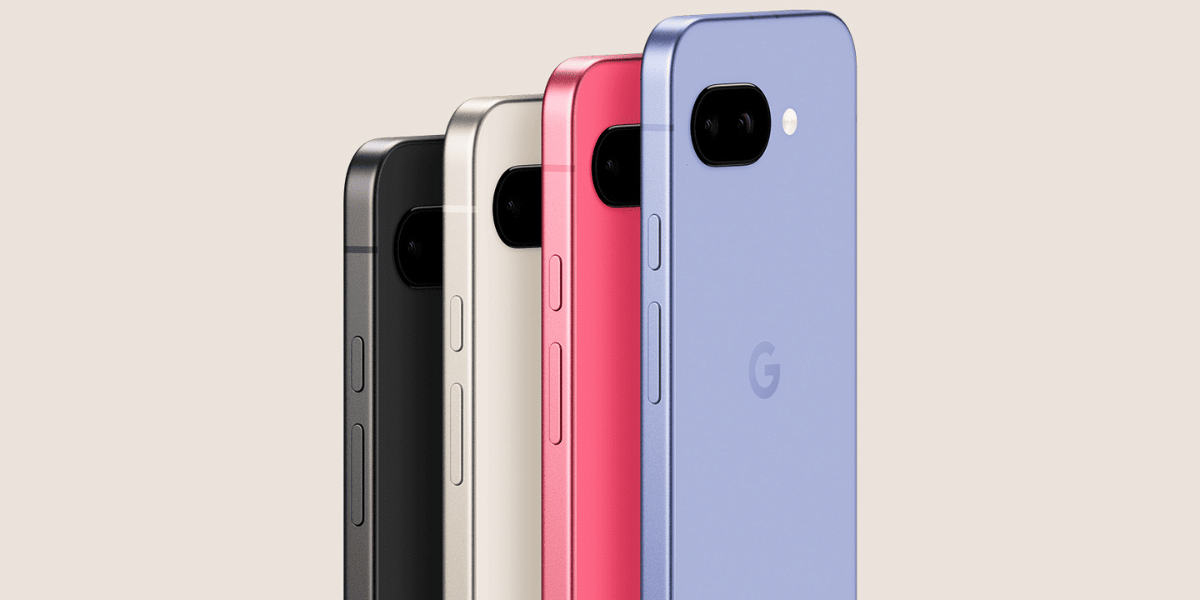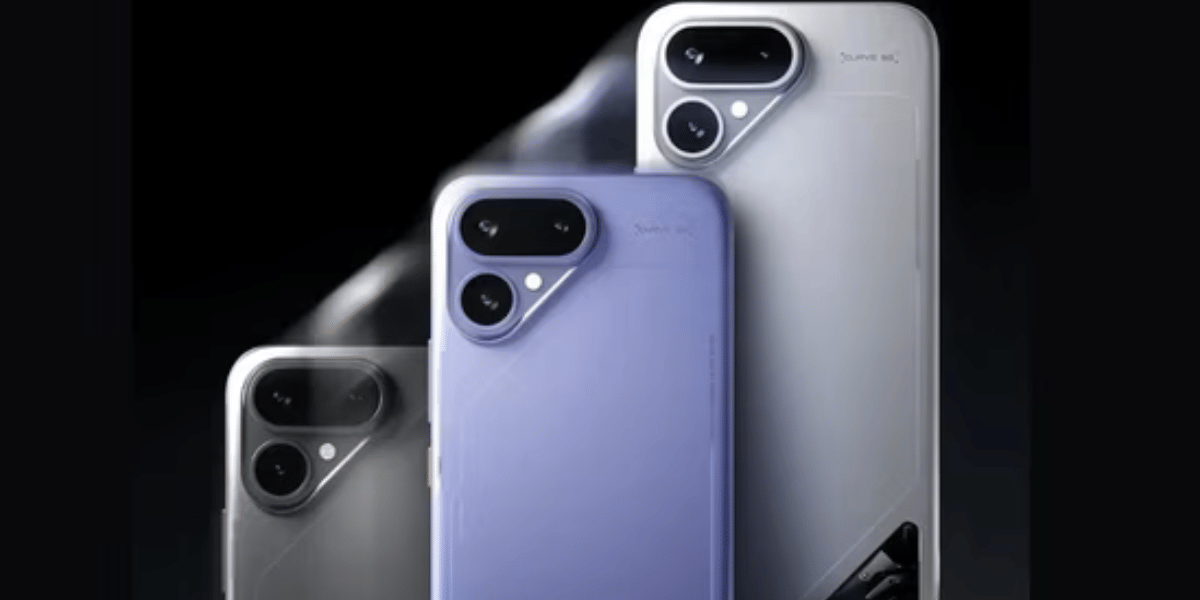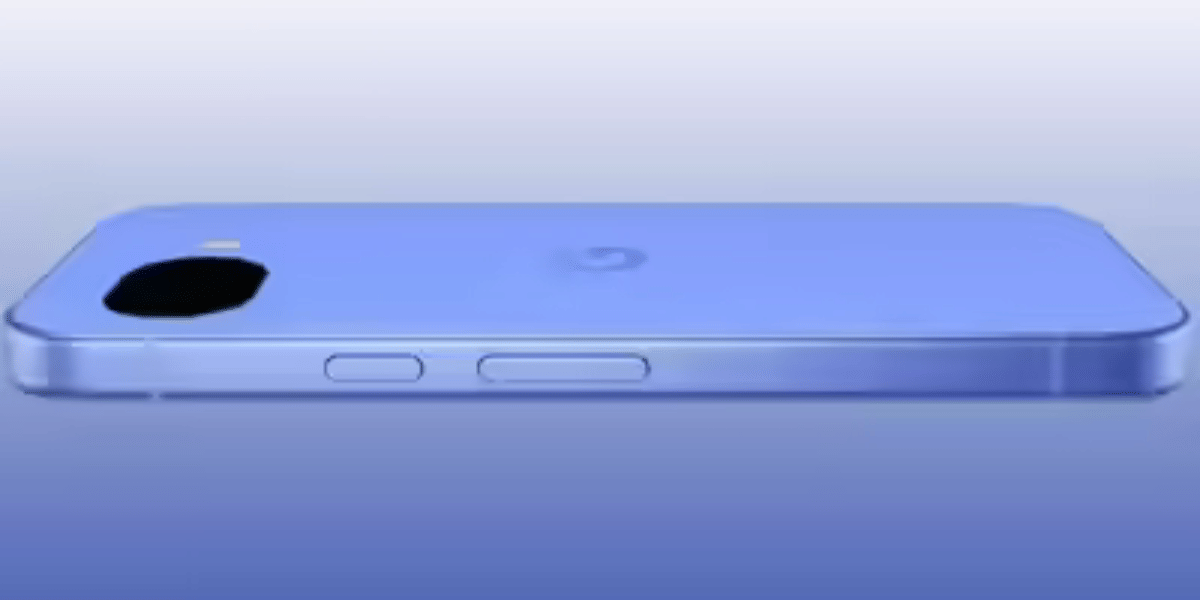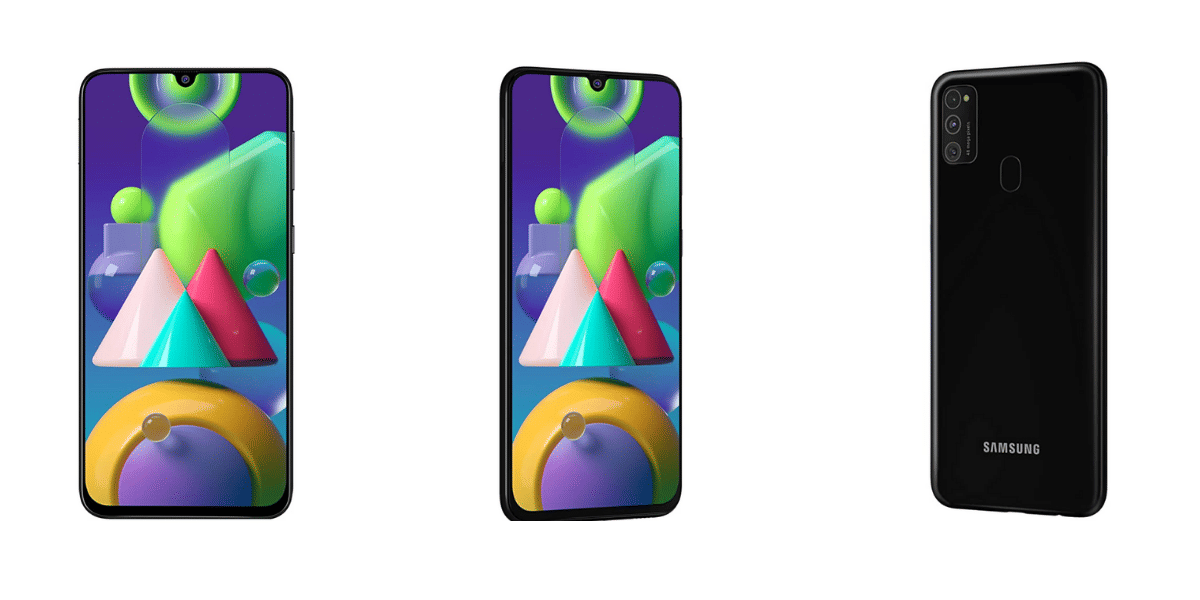Samsung has brought another eminent change. In the digital health and wellness space through its Samsung Galaxy Watch. It has introduced its significant Bioelectric Impedance Analysis sensor.
Joint Research For Study Of Prevention And Reduction Of Obesity
It includes a joint research team from Louisiana State University, Pennington Biomedical Research Center and the University of Hawaii Cancer Center. They have carried out a study. It has been done to check out the accuracy of body composition data found in smartwatches.
According to a study published by the American Journal of Clinical Nutrition(AJCN), the Samsung Galaxy Watch can contribute to preventing or reducing obesity in users. It has been revealed that smartwatches are accurate in measuring body composition. Along with a precision comparable to laboratory results.
Also Read: These OPPO Smartphones Get Jio 5G Network Support
Obesity Prevention Through Samsung Galaxy Watch
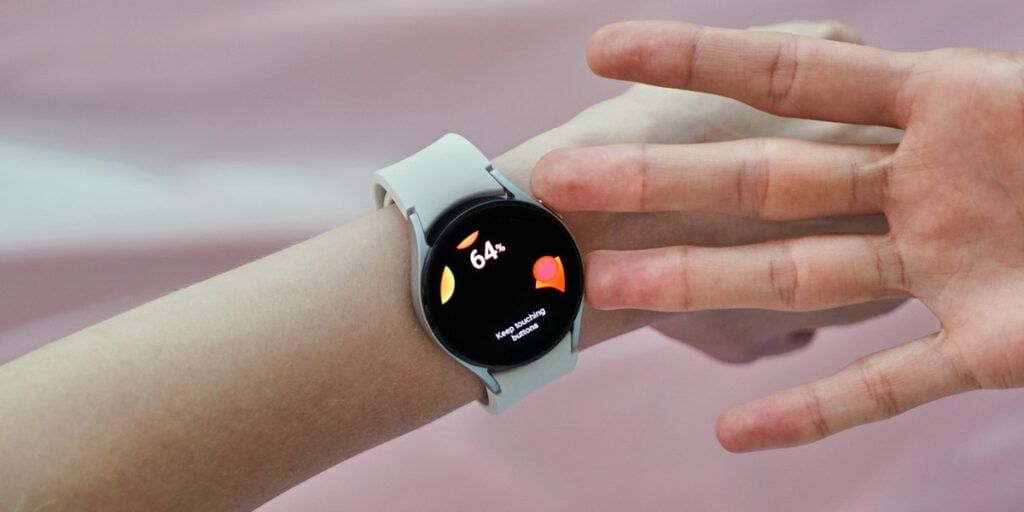
This underscores the promise of wearables to help prevent or reduce obesity. It is a condition which is to blame for approximately 60 per cent of cardiovascular disease deaths.
It is referred to as a chronic disease. Obesity develops over time. It occurs due to overnutrition and lack of physical activity. This lets the users self-monitor their behaviour. It happens with data derived from wearables.
This has seen improving the user’s understanding of their behaviour patterns. It resulted in an increase in physical activity in almost 60 per cent of users.
This highlights the comparison of the body composition measurements. That was taken by the Samsung Galaxy Watch4 Bioelectrical Impedance Analysis (BIA) sensor.
Along with a clinical measure of a dual-energy X-ray absorptiometry (DXA) scan. Also with a duplicate laboratory-grade octapolar bioelectrical impedance analysis.
Also Read: iOS 16.2 Beta Resolves Major Issues On iPhone 14 Pro
Results Of The Study
The results show that the smartwatch’s BIA measurement had between a 97-98 per cent correlation. Along with two reference devices on fat-free mass, fat mass and skeletal muscle mass. Plus basal metabolic rate and total body water.
It even shows the data from a wearable bioimpedance device that can let users monitor their body composition. This improves their health by changing their diet and exercise behaviours.
The smartwatch even assures a more exact understanding of the user’s health. With this accuracy of the data, users can adjust their own behaviour. It lets users to better monitor their health at home. It includes in between medical interference, while travelling, or when working remotely where other assessments may not be present.
Also Read: Twitter To Relaunch Twitter Blue This Month
Moreover, a randomized control trial has said that wearables have decreased the time for exercise by an average of 68 minutes. A meta-analysis of the effects of wearable activity trackers shows an increase of more than 2500 daily steps.














